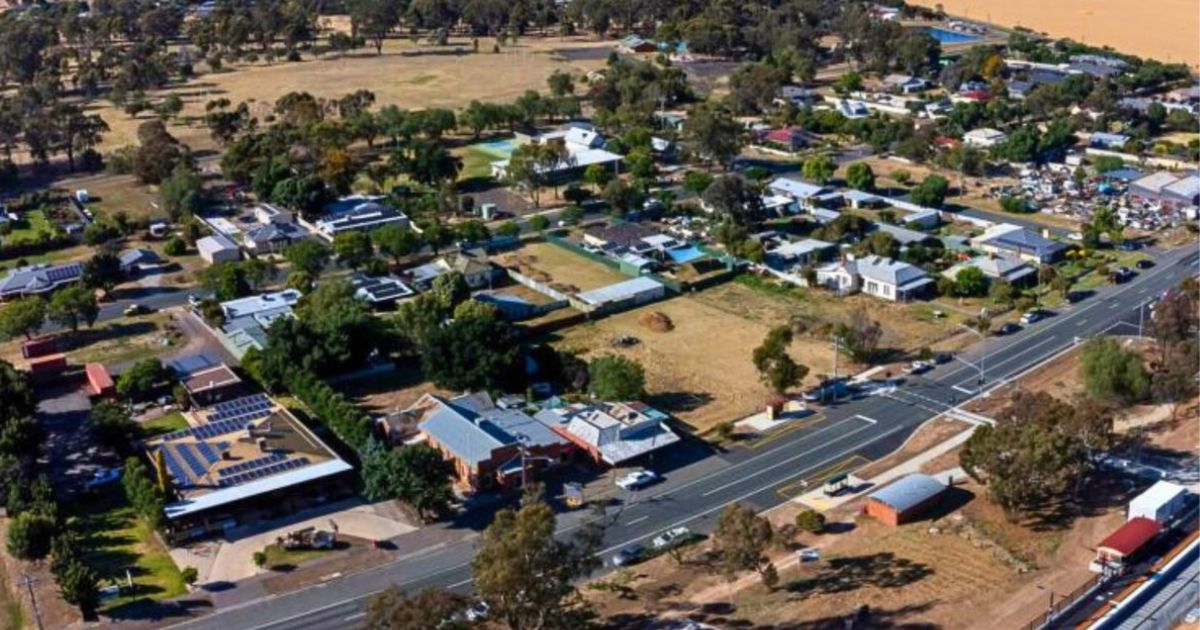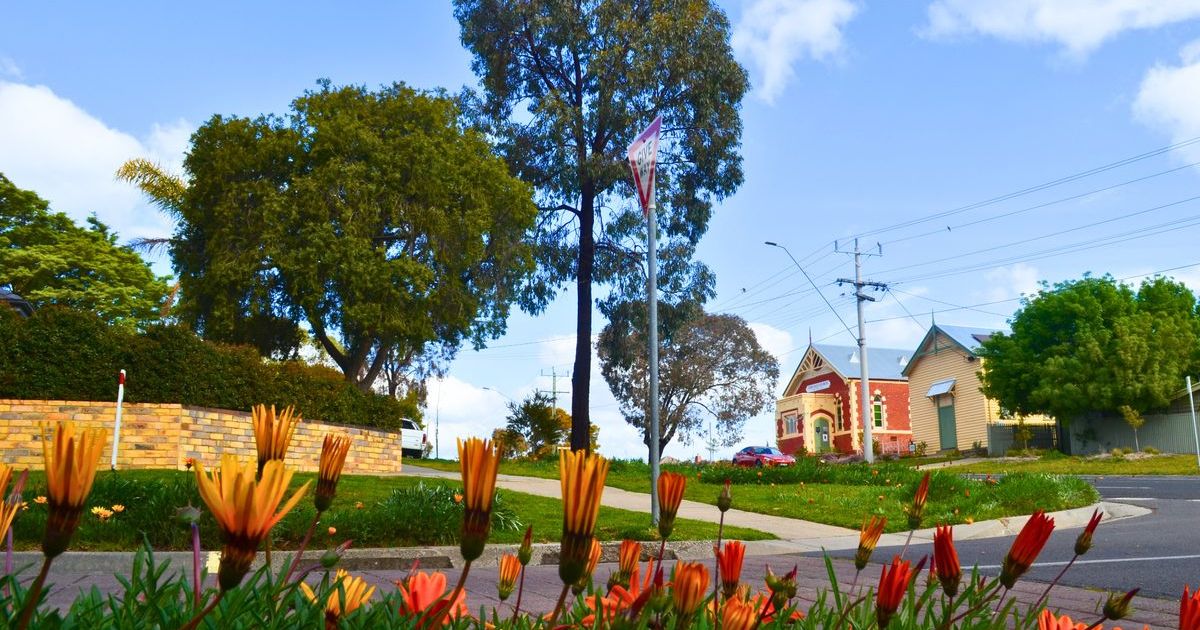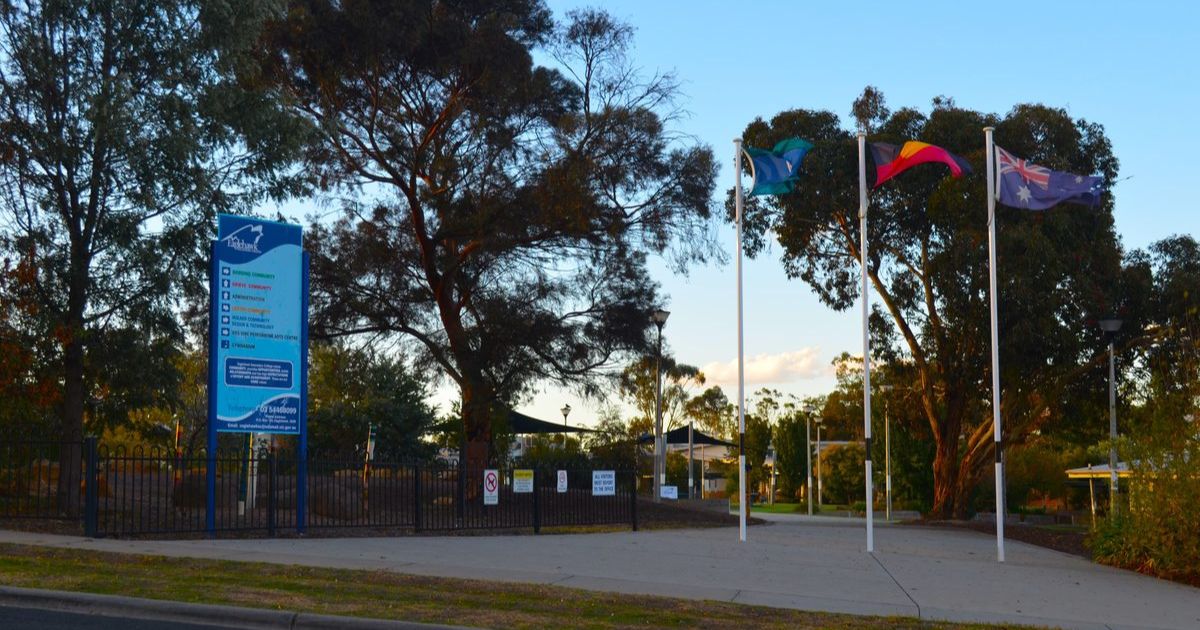PM defends budget spending, denies inflation fears

Thumbs up?: Anthony Albanese says Labor has delivered a responsible budget which looks after people. Photo: MICK TSIKAS/ AAP IMAGE
PRIME Minister Anthony Albanese has defended the billions in budget spending on vulnerable and low-income Australians as the Coalition warns it will feed higher interest rates.
The $14.6 billion cost-of-living package confirmed on Tuesday night in the 2023/24 budget won’t fuel inflation, Mr Albanese said.
Tuesday’s budget also set out plans to raise the base rate payments of JobSeeker, Austudy and Youth Allowance.
While the budget has forecast a $4.2 billion surplus for the current financial year, deficits are set to follow in the next three years, albeit smaller than previously anticipated.
The improved budget outcomes come after the government banked more than 80 per cent of revenue gains driven by high commodities prices and a strong labour market.
Opposition Leader, Peter Dutton, said the budget would add to interest rate pressures on already stressed middle-income households.
“Under this budget, at the very least, we know that interest rates will be higher and for longer, which is going to be a double whammy for Australian families,” he said.
“For families, they are struggling at the moment, big time, and there’s nothing at all for them in this budget.”
Alongside the cost-of-living package is a $3.5 billion investment in Medicare incentives to lift bulk-billing rates for concession card holders and children under 16 years.
There will be energy relief worth $3 billion with five million households set to receive up to $500 in assistance, while one million businesses will receive up to $650.
The energy relief means price increases for electricity will be 25 percentage points lower than expected, while gas prices rises will be 16 percentage points lower.
Federal Treasurer, Jim Chalmers, said the power price relief would be targeted and the amount received would depend on which state or territory someone lived in.
“We’ll make sure this relief is provided on the bill, rather than spraying around cash cheques to people,” he said.
“These electricity prices are much lower than they would otherwise be because of the combination of the energy plan that we put in place – the gas and coal caps and the energy bill relief.”
Shadow treasurer Angus Taylor said households would still pay more for energy.
“Labor’s failed to deliver on its $275 electricity price reduction. It is clear in the budget now, that’s a broken promise,” he said.
“What we want to see from the Government is taking pressure off inflation. This is not a budget that does it.”
Energy Consumers Association chief executive Lynne Gallagher said the energy relief measures would provide welcome relief.
“The Federal budget combines much needed immediate direct assistance with investments that help consumers get control of their energy costs,” she said.
The Australian Council of Social Service said while the extra bulk billed GP visits, cheaper medicines and help for single parents was welcome, JobSeeker remained one of the lowest unemployment payments in the OECD.
The Australian Chamber of Commerce and Industry said it was a credible budget, but more business incentives were needed.
What’s in the Federal budget?
Economy
– Budget surplus of $4.2 billion in 2022/23
– Deficit of $13.9 billion in 2023/24
– Commonwealth net debt rising to $574.9 billion (22.3 per cent of GDP) in 2023/24
– Economic growth to fall to 1.5 per cent in 2023/24
– Unemployment rate of 4.25 per cent in 2023/24
– Inflation as measured by CPI to be 3.25 per cent in 2023/24
– Wages to rise by four per cent in 2023/24
Cost of living
– Energy bill relief of up to $500 for five million households and up to $650 for one million small businesses
– 170,000 households save on energy bills by financing energy saving home upgrades
– Reducing out-of-pocket health costs by tripling bulk billing incentives
– Cutting the cost of medicine by up to half for at least six million people
– Supporting 57,000 single parents by expanding eligibility for Parenting Payment (Single)
– Increasing the base rate for JobSeeker and other payments by $40 a fortnight
– Increasing Commonwealth Rent Assistance
Health
– $106.5 billion in total funding for 2023/24
– $5.7 billion over five years to strengthen Medicare
– 15 per cent pay rise on award wages for aged care workers
Business
– Tax break to reduce energy costs
– $20,000 instant asset write-off
Housing
– Tax breaks for investment in build-to-rent projects
– $7.5 billion in National Housing Finance and Investment Corporation
Women
– Cheaper childcare for 1.2 million families
– More flexible paid parental leave scheme
– Extra $589.3 million for women’s safety
Regions
– $400 million for regional clean energy industries
– $1 billion extra for pest and disease controls
– $200 million for disaster support
Defence
– $42.8 billion total budget in 2023/24
– $64.1 million to clear up veteran support claims backlog
Education
– $48.3 billion in total for 2023/24
– $72.4 million for skilling early childhood workers
– 20,000 extra university places in 2023 and 2024
Aged care
– $166.8 million for an additional 9500 home care packages
– Funding for better regulation to lift care standards
– $487 million for disability support program for older Australians
– BY AAP


















